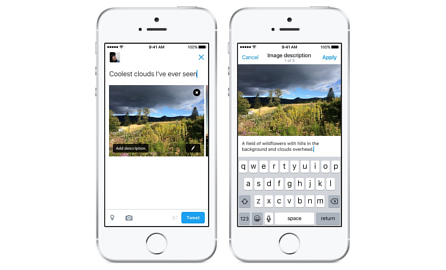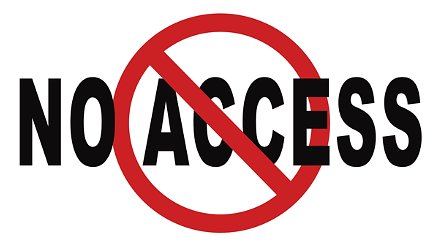Disability
Twitter supports alternative text for images sent via app
Consultation on communications access
Social media for those with a disability gets 2016 update
Audio description awards call for nominations
Using captions for children’s literacy in any language
Accessible media preview from CSUN
Wikispeech project aims to make Wikipedia accessible for vision impaired people
Crossing the digital divide
Transcript of The Wire's interview with Dr Scott Hollier on 'Crossing the digital divide'
The Wire
Access to the internet is something most of us now take for granted and couldn’t imagine living without, but for one million Aussies with a disability that’s exactly what they have to do. For many, they think it will cost too much, especially to buy the kind of software they need to help them use it, for others, it’s just all too hard. Laura Corrigan reports.
Laura: Dr Scott Hollier is director of Digital Accessibility for advocacy group Media Access Australia.
Taxonomy:
Top of page









